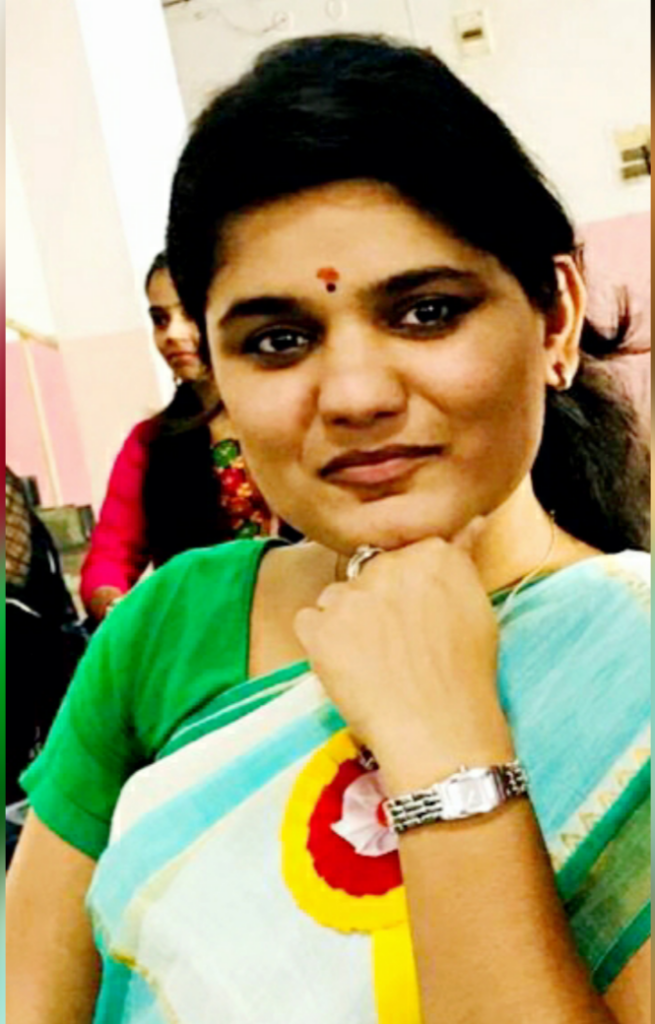
The word ‘Feminism’ seems to refer to an intense awareness of identity as a woman and interest in feminine problems. The subjugation of woman is a central fact of history and it is the main cause of all psychological disorders in the society. According to Janet Richard, “The essence of Feminism has a strong fundamental case intended to mean only that there are excellent reasons for thinking that woman suffer from systematic social injustice because of their sex, the proposition is to be regarded as constituting feminism.”

Recent form of feminism that came into existence after 1960s has become an evolving socio-political movement. It is a theoretical project, which aims at understanding the power structures in the society, male domination, social practices and social institutions, which are instrumental in assigning a subservient role to women. Feminist theory also devises the strategies to transform the social structures, which can help in the emancipation. Women have to pass through many problems, obstacles and barriers to be recognised as an important member of the society. In the past, women were abjured of any kind of rights; isolated, neglected and mistreated by their male counterparts. With the outset of Feminism, the profile and the image of women have changed profoundly and from being a puppet in the hands of man she has transformed into a queen, president, artist, educationist, astronaut, scientist, sportsperson and what not.
This dissertation examines the wishes, dreams and the ability of a woman to change her position in the society not just as being a daughter, wife or a mother but rather as normal citizen with regular rights and duties. A number of Research Papers produce such key findings based on recent research and statistical surveys that confirm a significant development in participation of women in different fields such as in economic growth, cultural upheavals in addition to the political and social structures.
The main conclusion drawn from these researches is that the Feminist efforts have proved to be efficient in the way that they’ve brought a cyclopean change in the position and the role of woman. They have been able to remove the majority of, if not all the stereotypical impositions and to raise her momentousness in the society by giving her the political, social and economic rights. Feminism at its core is about equality of men and women, not “sameness.” So many people offer up the argument that women are not the “same” as men so there can’t be equality. In other words, because their bodies are different (many say delicate and debilitated), and because men and women have different physical capabilities, these physical differences mean equality is not possible.
It’s critical to understand that “same” does not mean “equal.” The issue here is about equal rights and equal access to opportunities. Men and women don’t have to be the “same” in physicality to have the right to equality. I’d love to see that argument (that women and men aren’t the “same” so they can’t be equal) disappear forever. In my view, it’s a misguided one.
Here’s an example of why: If there were two young boys in a classroom, and one was physically weaker and smaller than the other, would we say that it’s right to repudiate the weaker, smaller boy from the same access to- the teacher, the learning, the computers, the books and class resources and other children in the class — because he didn’t have the same physical strength as the other boy?

Navigating atheism and feminism in India — with the view that most organised religions oppress women and underrepresented genders — is standing up against layered structures with roots that start with one’s own families, then creep into society, in schools, colleges, community gatherings, marriage, workplace, public recreational places and every structure where patriarchy has a hold in deciding what women say and read, and how they live their lives.
If there has been a hesitation to put into the words the sense of irony in witnessing the harassment of a living person for an immature opinion, to protect a mythological character who probably does not need this protection, will be to expose oneself to similar attacks. Religion wields too much and too disproportionate a power. Especially in the absence of a clear definition of what constitutes “religious sentiment.” The problem is not that religions form the basis of most lived practices in our country — it’s one of the things that makes India diverse and multicultural. The problem is that ardent followers of religions demand absolute immunity from caricature.
To be an atheist feminist in India is to increasingly expose oneself to hate but more alarmingly, to actual acts of violence in physical spaces. And the act of offering solidarity to sisters and brothers outside this space is getting increasingly difficult.
Feminism has to serve the interests of all those it relies on to sustain it or it risks becoming a movement with no purpose for most, and an outright weapon against those it claims to represent.
